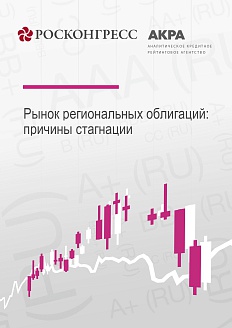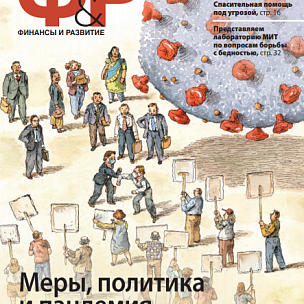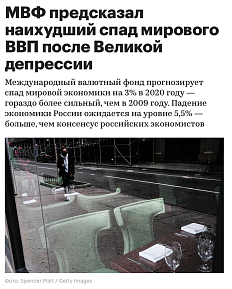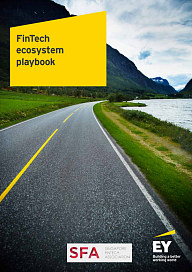The Ernst & Young experts present their findings in the form of a summary of main global trends, local drivers, and regional opportunities for each of the six regional clusters of developing economies.
In ASEAN, fast-growing economies with large populations make a unique playground for FinTech. ASEAN is the connecting bridge between China and India, making it a perfect place for large local and global players to collaborate and compete. Regulators are supporting innovation, but at the same time, are cautious in order to ensure that the financial system is prepared to handle the stress of a global financial crisis. E-commerce, and social and mobility players are expanding into the financial services field, leveraging on their large user base. According to the Ernst & Young experts, as these economies continue to grow, there will be more demand for better quality services, including financial services.
Latin America is a region with extensive opportunities coming from an underserved market. Several governments are considering FinTech development as one of the pillars to increase financial inclusion. The development of FinTech has been driven by start-ups seeking to serve segments previously inadequately addressed by the financial system. Financial inclusion in these countries will drive sustainable economic development.
The CESA economies opened up at the turn of the century, and since then have become an attractive investment destination due to consumer spending growth, competitive wage rates and skilled workforce. The region has strong infrastructure and talent that are being leveraged upon. The region is developing homegrown companies and attracting international companies to setup headquarters to service the EU market.
Africa has one of the largest concentrations of the unbanked and underbanked population, which provides an opportunity for leapfrogging several generations of technology and infrastructure to provide a cutting-edge solution. For example, the region has skipped landlines and 2G to go directly to 3G and 4G. Several wallets backed by telecommunication companies have become global case studies of financial inclusion. Large penetration of mobile money accounts present opportunities to FinTechs to explore expansion in other areas including alternative lending, cross-border transfers, personal finance and remittances.
In Asia, the rise of independent FinLife ecosystem platforms in Greater China is driving growth, while India is bringing the best from East and West. In Mainland China, confluence of factors, including relaxed regulations, vast market of unaddressed financial needs and the growth in digital penetration, revolutionized financial services and made FinTech ‘a way of life’. In India, government-led digital infrastructure, and rapid urbanization and mobile penetration is driving the development of FinTech sector, particularly in payments.
Anlytics on the topic

The Roscongress Foundation and the Analytical Credit Rating Agency (ACRA) have published a joint study on Russia’s regional bond market.

The International Monetary Fund publishes a quarterly journal on finance, politics and economics. This issue explores these topics through the lens of COVID-19.

Russian Arctics is a special site for state management. Its complexity consists not only in climatic, ecological or logistical features, which undoubtedly have an impact on development, but also a very high price of human errors. When developing a strategy for the region, it is necessary to take into account a variety of natural, not just economic, factors.

The COVID-19 pandemic is inflicting high and rising human costs worldwide, and the necessary protection measures are severely impacting economic activity.


